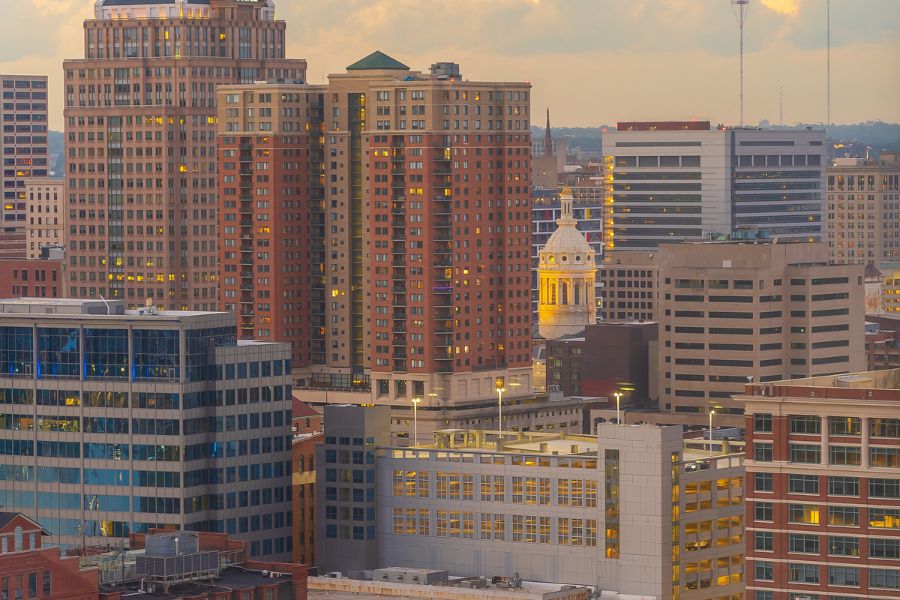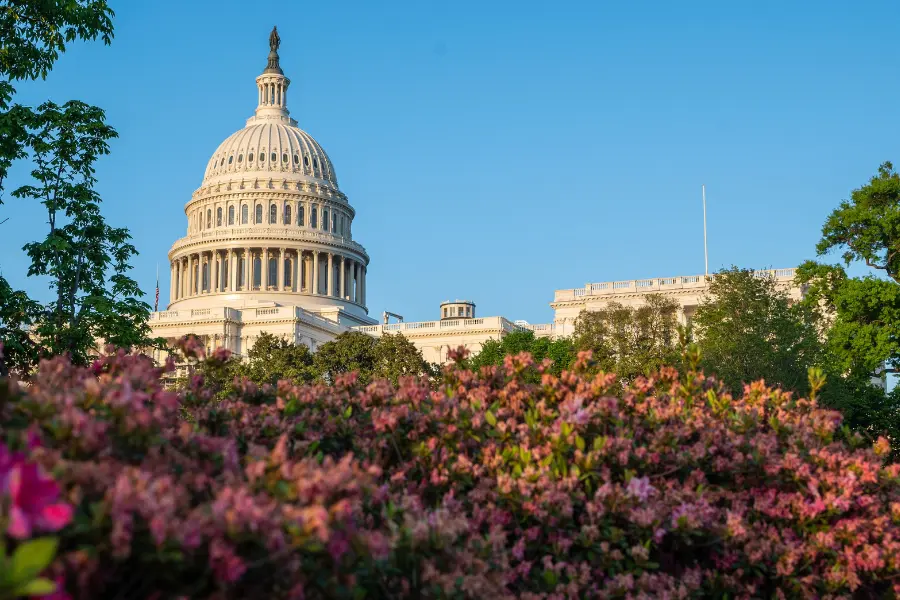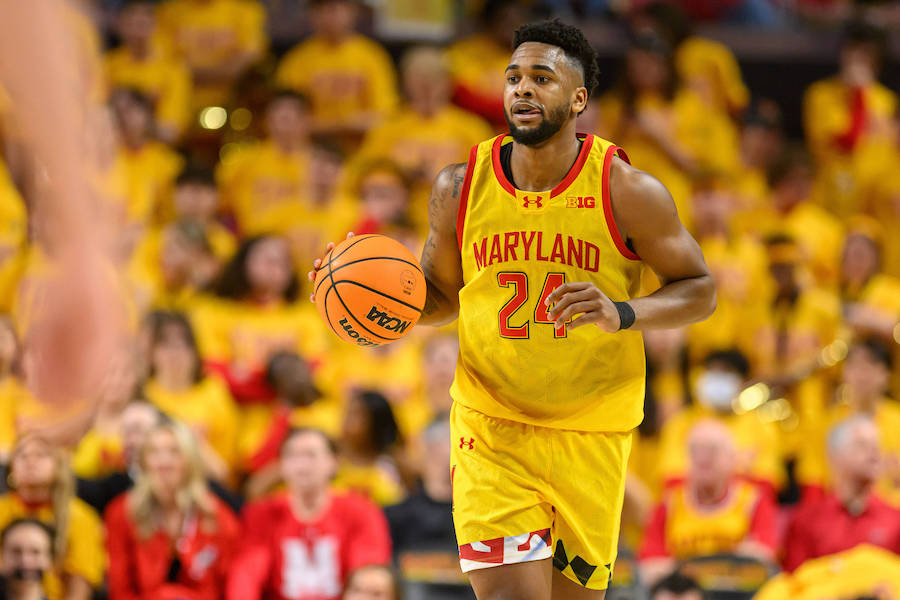But earlier in January 2024, Watson – according to the Vixio Gambling Compliance news organization – announced he has drafted a new bill with revised stipulations in hopes of getting the measure on the statewide ballot in November 2024 for the legalization of online casinos in Maryland.
The most important change is the tax rate, which a year ago was the same 15% as is in place in pioneering New Jersey, which has now entered its second decade with such legal gambling. That also is the same figure at which sportsbooks are taxed in Maryland.
But the new bill triples that rate to a whopping 46%. This isn’t quite as high as the 51% tax imposed on mobile sports betting operators in New York (which has yet to legalize online casino play), but it still be will be seen as an aggressive number. That’s especially so because a new bill proposed in the latter state only seeks a 30.5% tax on mobile casino gambling.
While every major sportsbook company expressed their disdain for the New York tax betting rate, most begrudgingly entered that market anyway in 2021. But much of the rationale was that not only is the volume of such wagers the highest in the U.S., not joining that marketplace might weigh poorly in the eyes of regulators considering approvals in new sports betting-legalization states.
Applications to Maryland
Neither of those factors applies to online casino gaming and Maryland, which has fewer than one-third of New York’s nearly 20 million in residential population.
The initial five-year license fee also would be doubled from $500,000 per operator to $1 million – and this time for only four years.
The effort to greatly increase the tax rate comes in the wake of a report issued on Nov. 15 by The Innovation Group at the request of the Maryland Lottery and Gaming Control Agency.
“The report estimates the change in gambling tax overall revenue depending on the tax rate.
“Many experts, including ourselves, have generally argued that philosophically, online tax rates should be higher than land-based tax rates based on the land-based operations incurring labor costs and physical development costs that exceed those of online gaming.
“Moreover, those land-based gaming jobs are within the state, and the development produces construction jobs in the state, so there is more labor-based economic impact in the state from land-based gaming than from online gaming.
“With online gaming, there is land-based job creation (e.g.,head of interactive gaming, studios for live dealer online games), but job creation may be substantially lower than the reduction of variable labor (e.g., table games dealers or slot machine attendants) coming from cannibalization of land-based gaming.”
The report also concluded that Maryland casinos can expect to lose almost $100 million annually in brick-and-mortar revenue from the legalization of online casino gaming – known in the gaming industry as “cannibalization.” And at a tax rate of just 10% for the latter, that would result in a net negative for state gambling tax collections.
However, as the projected tax rate increases, the estimated revenue for online casino gaming operators does not.
Where Will the New Revenue Come From?
The new revenue would come, per Dixon’s bill, from each of the six Maryland casinos having the option of partnering with up to two such mobile operators.
The chart by The Innovation Group maxes out at the proposed 45% tax rate now suggested by Dixon, said to be an avid poker player in his spare time. In that case, the projected $904.9 million in online casino gaming tax revenue would yield $407.2 million in taxes – or triple the projected $135.7 million from the rate in Dixon’s bill from a year ago.
That massive increase in funds for statewide education programs could serve to woo many lawmakers who don’t follow such an issue closely, as there are not many new sources of tax revenue that don’t come from generally-unpopular direct tax increases on residents and in-state businesses.
As for the casinos, any potential short-term loss from online casino gaming legalization would be more than made up for by 2029. In fact, following the business model of the states already offering online casino gaming – allowing the casinos to retain about one-third of online casino gaming revenue – would mean an offsetting of $98.3 million annually from retail casino gambling dollars would be supplemented by about $300 million per year in new revenue from online casino gaming partnerships with such operators.
As in other states, the launch of legal sports betting in Maryland in November 2022 brought with it a barrage of commercial advertising as well as a reported increase in calls to compulsive gambling “hotlines” – along with substantial new tax revenue from the gambling of about $40 million annually.
Lawmakers Unsure About Direction of Maryland Gambling
But the two former points already have led several state lawmakers to raise questions about adding still more legal gambling to the menu for state residents.
As for Governor Wes Moore, a Democrat who took office 12 months ago, he has yet to indicate whether he would sign an online casino gaming legalization bill into law.
Maryland legislators are liable to be more aware of online casino play because the states authorizing it practically surround the state – Pennsylvania, Ohio, West Virginia, New Jersey, and Delaware. Only Virginia to Maryland’s southern border is an exception.
Connecticut and Michigan also feature online casino gaming, with Rhode Island joining the “game” sometime in 2024 after its governor last year signed such a bill into law. About three dozen states have legalized sports betting since 2018.
Maryland’s legislative session for the year just began on Jan. 10 in the state capitol of Annapolis, and means Watson and his fellow have not quite 90 days to get their online casino gaming the end of the session on April 8 legislation bill passed and sent to Moore’s desk.







